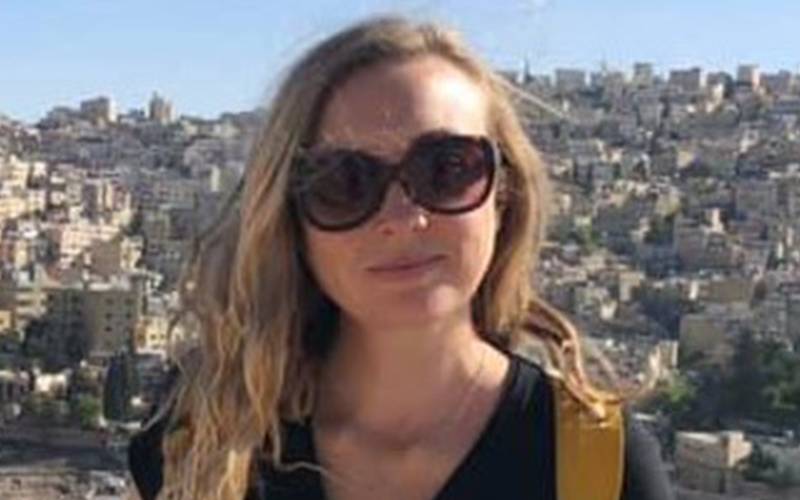Katherine is coordinating a ten country consortium of qualitative studies exploring families’ experiences of life during (and potentially after) Covid-19.
 What is your role and what does it involve?
What is your role and what does it involve?

I am Associate Professor of Sociology at the Social Research Institute here at UCL, as well as Programme Director for the new undergraduate programme BSc Sociology. My research focuses on gender, love and intimacy, and family. I have conducted research in the UK and India on various topics related to these themes, including the transition to parenthood, family policies (notably parental leave), understandings of love and marriage, and gendered divisions of care and housework. I am particularly interested in longitudinal and comparative research, to understand how time and context shape experience and meaning.
How are you responding to the pandemic through your research?
With my two colleagues Charlotte Faircloth and Humera Iqbal, I am coordinating a ten country consortium of qualitative studies exploring families’ experiences of life during (and potentially after) COVID-19. We investigate the reactions to the evolving COVID-19 public health measures: how, who, when and why the measures are adhered to (or not), and the resulting social and health implications. Through our mixed methods approach, we uncover everyday practices, motivations and understandings that may underlie health-related behaviour statistics. These will help to explain the uneven and changing responses to social distancing measures (YouGov 2020) and the differences in COVID-19 outcomes by gender, generation, ethnicity and income. We will investigate the kinds of support that would mitigate such risks.
What’s next on the research horizon for you?
The data collection for our study runs until April 2021, and although we have particular research questions, we are also being led by how the pandemic and policies around its containment are evolving. We have, until now, focused on qualitative research, but as more survey data emerges as well as greater understanding of the virus, we will adapt our data collection to ensure that we are best addressing the challenges that are emerging.
Beyond that, I have been very excited by the possibilities that digital ethnography can open up. We have been using a research app called Indeemo, and it has worked beyond our expectations so far in helping uncover the negotiations and meanings attached to everyday practices.
What have you learned from lockdown?
This is a moment like no other experienced by this generation. Our study indicates that people have adapted very quickly to the challenges around the pandemic and the lockdown, but they are fearful for the future. There are so many unknowns, and this in itself is shaping the ways in which people live their daily lives, and in particular around their reactions to the easing of the lockdown. Trust in government and scientific guidance is hugely important, but this is weighed up against individuals’ own assessments of risk and trust in their communities. So, we have found for example, that people were creating ‘support bubbles’ long before the guidelines introduced this measure (see here).
How will COVID19 change the world?
My fear is that it will shrink our horizons, as people become more fearful of unknown others and the possibilities of another spike, or indeed another pandemic. We see a lot of anxiety expressed by participants. On the other hand, I see a lot of hope around the potential for a rethink about how work, family and childcare are arranged and distributed, but an economic downturn may dash such hopes.
 Close
Close

